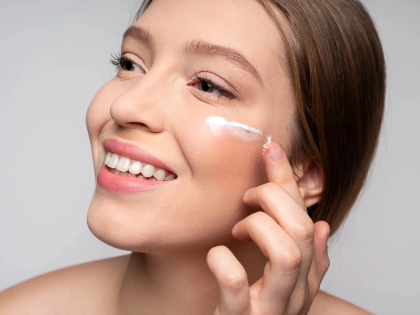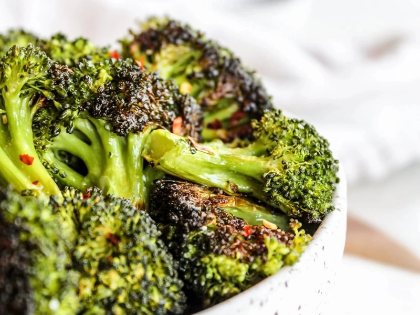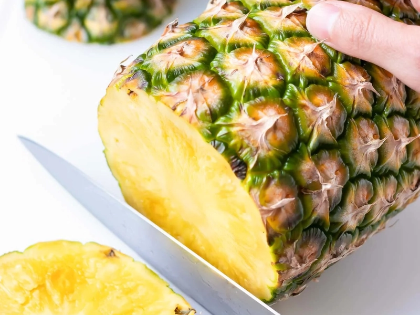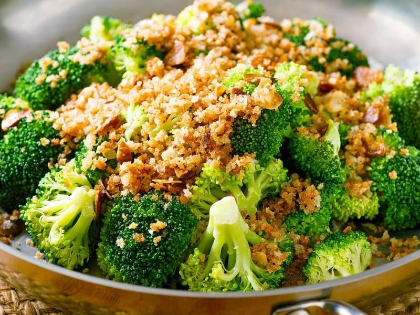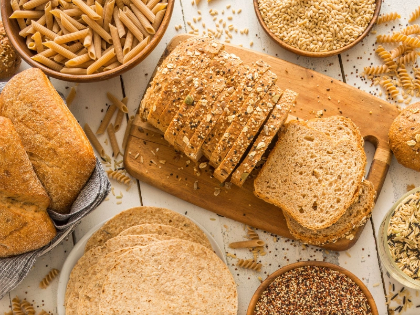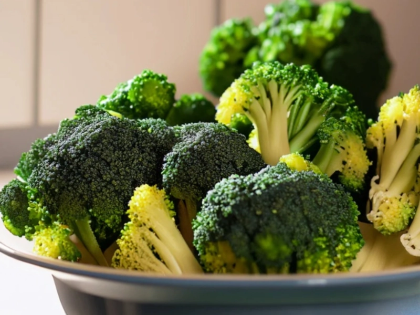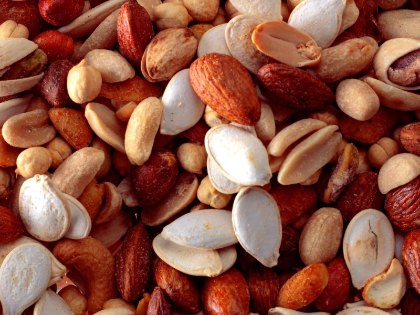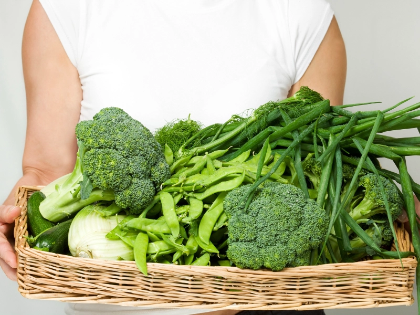Vitamin E for Wound Healing: Accelerating Skin Repair
Strong antioxidant vitamin E is vital for skin health and healing of wounds. Well-known for shielding cells from oxidative stress, this vitamin also stimulates skin regeneration and healing. Including vitamin E into their healing process will help people with wounds—from surgery, damage, or other skin conditions—have far improved recovery. The advantages of vitamin E for wound healing, the processes behind its effects, and doable everyday strategies to incorporate it are discussed in this post.
Appreciating Vitamin E's Part in Skin Integrity
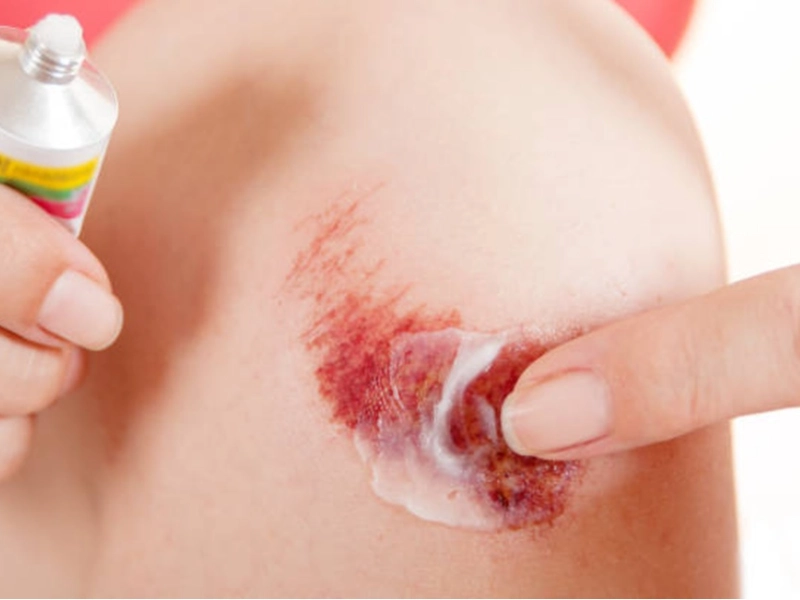
Existing in numerous forms, vitamin E is a fat-soluble vitamin; alpha-tocopherol is the most physiologically active type. Its antioxidant qualities help neutralize free radicals that could harm skin cells, therefore preserving good skin. Vitamin E helps to keep skin integrity and elasticity by shielding cell membranes from oxidative stress. Effective wound healing depends on the immune system, which this vitamin also helps. Vitamin E helps improve the body's natural healing mechanisms when the skin is damaged; so, it is a vital nutrient for everyone trying to maximize their skin recovery.
Vitamin E Mechanisms: Wound Healing
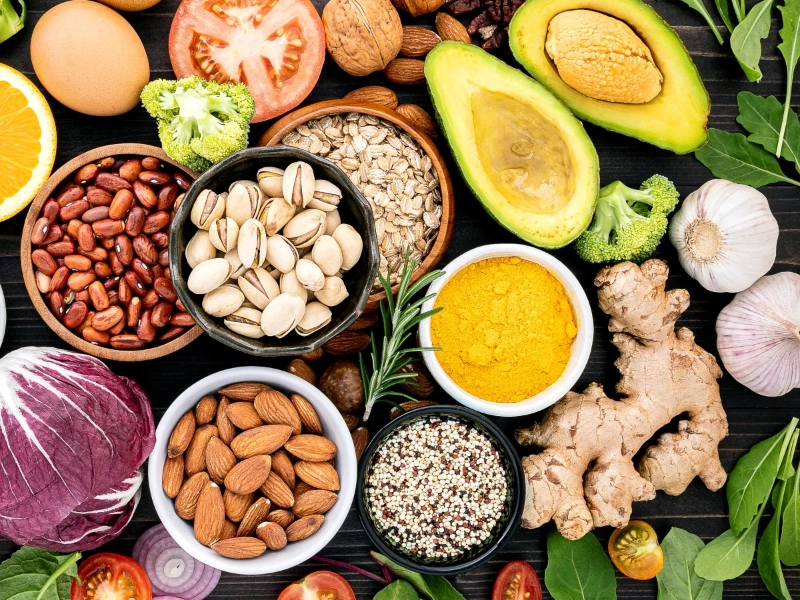
Hemostasis, inflammation, proliferation, and maturation constitute the different phases of the healing process of wounds. By encouraging collagen synthesis—which is absolutely essential for skin healing—vitamin E supports these phases. Strength and structure for the skin come from the protein collagen. Studies have indicated that vitamin E can boost fibroblast activity, hence generating more collagen. Moreover, vitamin E helps lower inflammation, a normal reaction to injury. Vitamin E speeds the change from the inflammatory phase to the proliferative phase of healing by adjusting inflammatory reactions, therefore enabling wounds to mend faster and more effectively.
Topical Vitamin E Application Benefits
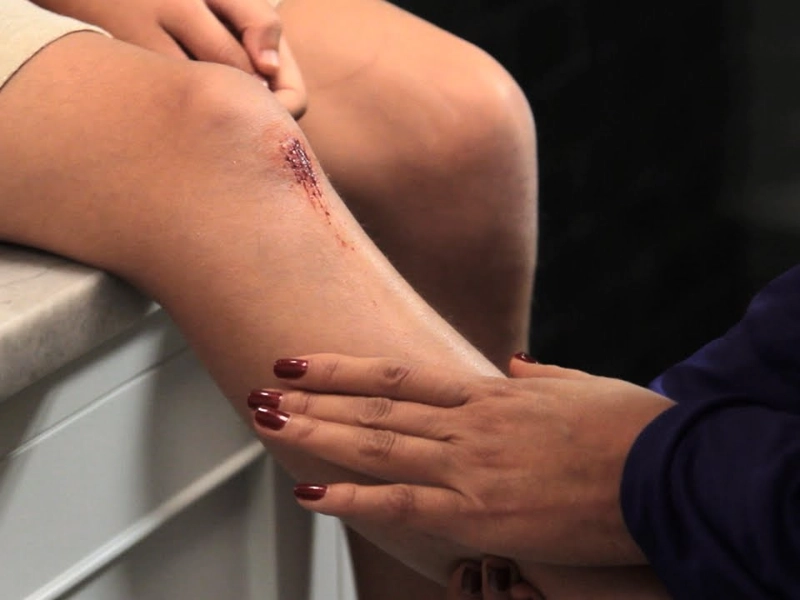
Direct advantages for the healing skin can come from topical vitamin E oil or cream treatment. Applied to wounds, vitamin E can help retain moisture, therefore reducing the production of dry scabs and creating an environment more fit for healing. Its antioxidant qualities also shield the skin from more damage resulting from environmental elements such UV light and pollution. Moreover, by encouraging good skin regeneration, vitamin E could help to fade scars. Although personal outcomes may vary, many patients discover that over time adding vitamin E to their wound care regimen results in smoother and less obvious scars.
Dietary Providers of Vitamin E
Apart from topical treatments, proper skin condition and wound healing depend on vitamin E obtained from diet. Foods high in vitamin E include seeds (like sunflower seeds), green leafy vegetables (such spinach and kale), almonds and hazelnuts, and vegetable oils (such sunflower and olive oil). Including these foods into your meals can help guarantee enough vitamin E intake. Vitamin E pills are also handy for people who could find insufficient from diet alone. Before beginning any supplements, nevertheless, it is advisable to see a healthcare professional to ascertain the suitable dosage and form.
Possible Hazards and Thought Issues
Although vitamin E is usually regarded as safe, one should be aware of some possible hazards and issues. Particularly in those on blood-thinning drugs, high doses of vitamin E supplements can have negative effects including a higher risk of bleeding. Furthermore, some people utilizing topical vitamin E products could have allergic responses or skin irritability. Before using new products across sizable portions of skin, a patch test is really crucial. See a healthcare practitioner to make sure your wound healing program makes appropriate and safe usage of vitamin E.
Including Vitamin E into Your Routine for Healing
Think about developing a thorough healing regimen combining food sources and topical treatments to maximize the advantages of vitamin E for wound healing. First, evaluate your diet to be sure you are getting enough foods high in vitamin E. Add to your meals a range of nuts, seeds, and leafy greens. Use premium vitamin E oil or creams topically, carefully covering clean wounds. Key is consistency; consistent application helps the healing process to be accelerated. Maintaining a good lifestyle comprising appropriate rest, balanced eating, and enough fluids will also help your body to naturally recover itself.
See Healthcare Professionals for Best Healing
See healthcare specialists especially for people with major wounds or underlying medical disorders. Including the proper use of vitamin E, a doctor or dermatologist can offer individualized recommendations on the best methods of wound care and healing. They can also evaluate the state of the wound and, should further treatments be advised, suggest others. Dealing with medical professionals guarantees that people get thorough treatment catered to their particular needs, therefore optimizing the possible advantages of vitamin E and other healing techniques for best recovery.

